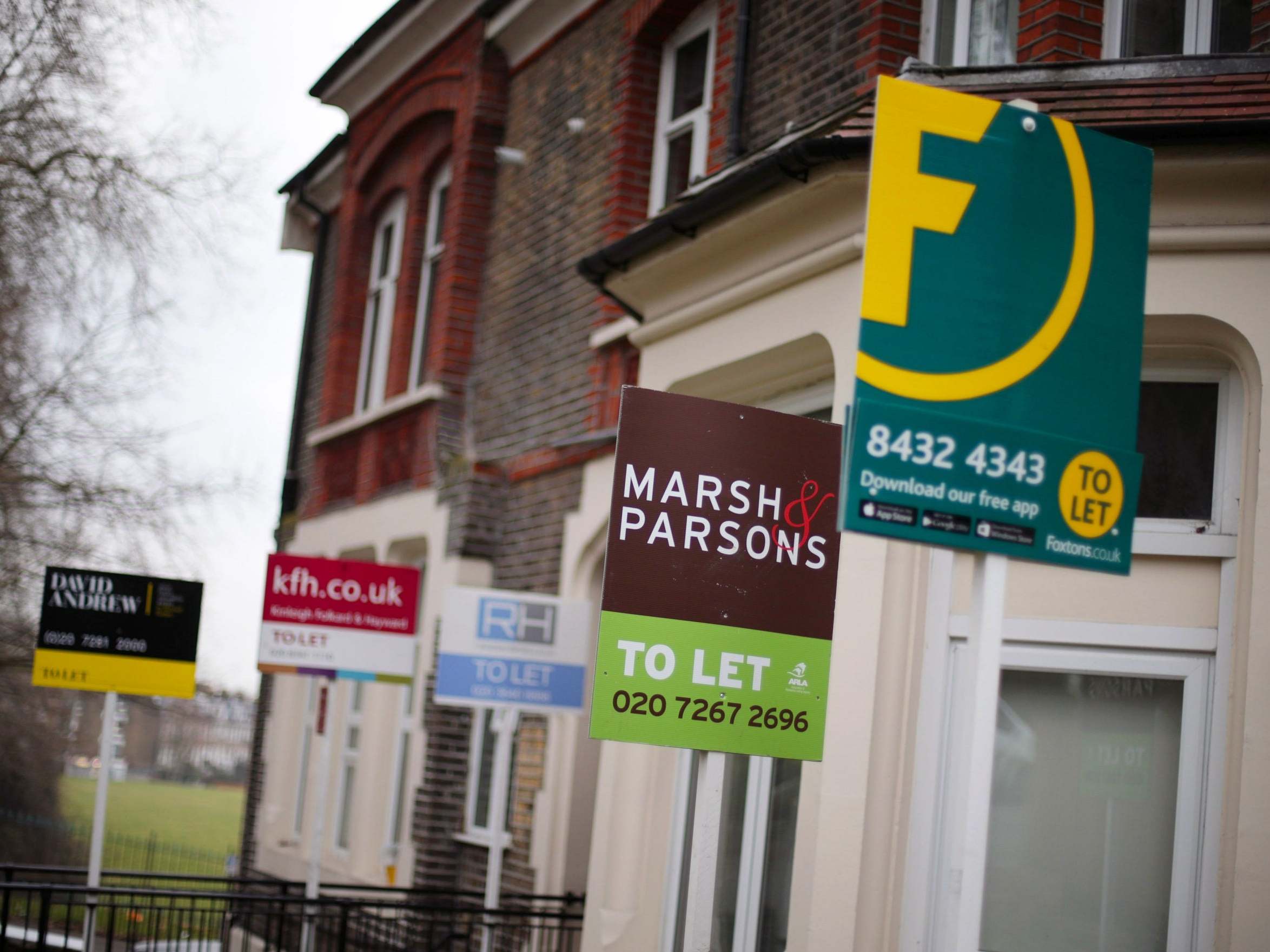Labour urges government to scrap benefits cap to avoid wave of evictions
Exclusive: Month-long extension to ban on removal of tenants will provide only temporary relief as thousands go into rent arrears, warns shadow employment minister

Labour is calling on the government to urgently scrap its cap on benefits in order to avoid a wave of evictions for rent arrears.
In a letter to employment minister Mims Davies, Labour frontbencher Seema Malhotra warned that the month-long extension of the moratorium on evictions announced on Friday would only delay the inevitable for thousands of families unless the cap was also lifted.
Official figures released earlier this month showed a “shocking” 93 per cent rise in the number of families hit by the cap during the coronavirus pandemic, with households losing an average £248 a month, she said.
The cap – which limits a household’s total annual benefits to £20,000 a year or £23,000 in London – meant that many of these families were missing out on the temporary uplift of universal credit and local housing allowance introduced by ministers to help disadvantaged households cope with the impact of Covid-19, said the shadow employment minister.
Unless it is scrapped, she warned that tenants will receive only brief and temporary relief from last week’s announcement of an extension to 20 September of the ban on evictions and a new requirement for landlords to give tenants six months’ notice.
In her letter, seen by The Independent, Ms Malhotra told the employment minister: “While the government’s U-turn to extend the ban on evictions by a month is welcome, the evictions crisis is only being postponed. Rent arrears will grow further unless the extension is used effectively to scrap the benefit cap.”
She cited a report last year by the cross-party House of Commons Work and Pensions Committee, which found that many of those affected by the cap faced an “intolerable” financial position, with evidence from one housing association that 55 per cent of those affected fell into rent arrears.
And she said that the overwhelming majority – 86 per cent – of households subject to the cap include children, with two-thirds of them being single parent families.
The shadow employment minister asked Ms Davies to provide an assessment of the numbers of households at risk of eviction and details of steps being taken by the Department for Work and Pensions to allow them to stay in their homes.
“Labour has repeatedly called on the government to scrap the benefit cap and extend the ban on evictions to avoid a wave of homelessness,” said Ms Malhotra. “This policy pushes families and children into poverty.
“With the extension of the ban on evictions, the government must scrap the benefit cap to prevent further rent arrears and evictions at a time when families need support the most.”
DWP data released earlier this month showed more than 150,000 households had their benefits capped as of May 2020, an increase of 74,000 on the previous quarter.
And a huge spike in the number of universal credit claimants as a result of the economic hit from Covid-19 saw the number of capped households claiming the benefit rise by 77,000 – a jump of 164 per cent.

Single parents were among those worst hit, with 52,000 households with a child under five seeing their income capped.
Overall, 84,000 households had their benefits capped for the first time during the peak of the pandemic between March and May this year.
The extension to the moratorium on evictions came just two days before they were due to begin again after a five-month break due to coronavirus.
Some 227,000 private renters are known to have fallen into arrears as of the end of June, and 174,000 have been threatened with eviction by their landlord or agent.
The Scottish government has already extended a full ban on evictions to March 2021.
A government spokesperson said: “The government has taken unprecedented action to support renters during the pandemic, and our extension of the ban on evictions for a further four weeks means no renters will have been evicted for six months.
“The benefit cap, up to the equivalent salary of £23,000 in London, ensures fairness for hard-working taxpaying households and a strong work incentive, whilst providing a much needed safety net of support.”
Join our commenting forum
Join thought-provoking conversations, follow other Independent readers and see their replies
Comments
Bookmark popover
Removed from bookmarks